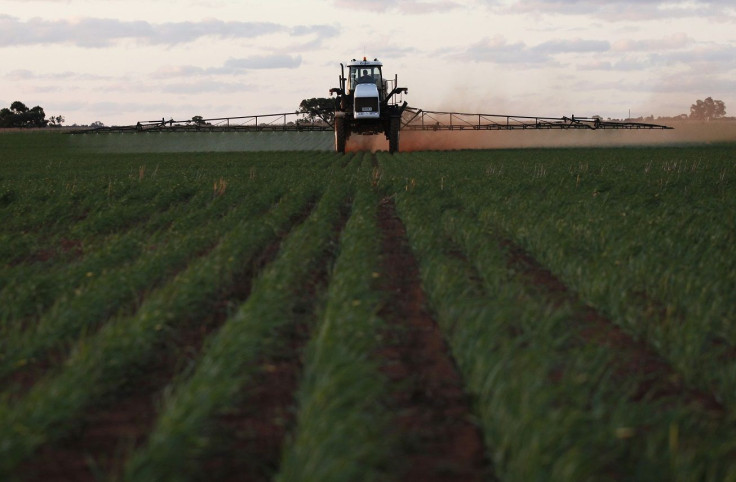Saudi Arabia demands wheat from overseas; Australia gets a chance to shine in agriculture sector

Saudi Arabia’s demand for overseas wheat has been increasing every year, leading Australia’s way to a better market opportunity as far as wheat production and export is concerned.
The desert Gulf nation previously produced enough wheat for export to other Middle East and North African regions, but in the 2000s, the Gulf authorities realised that the price they had to pay for water subsidies for irrigation was much more than what they received in return for the grains in the international market. The vast difference between the two prices prompted the kingdom step back and buy wheat and other grains from foreign markets, which was less costlier.
The Australian traders believe this to be a great opportunity to export Australian wheat to the Saudi Arabian states and ensure better position in the national as well as international agro-industry. The Australian government offers $800 million Agriculture Development Fund to foster food security and efficiency across the nation’s agriculture sector.
The Australian Arab Chamber of Commerce and Industry’s CEO Suzannah Moss-Wright said that there are many farmers who work hard to grow wheat grains, but subsidised production indicates that the farming methods should be made more efficient. “There’s two sides of the benefit Australian agriculture can get from Saudi Arabia’s decrease in domestic wheat production,” the ABC quoted Moss-Wright as saying. “One is a new market and new trading opportunities and the other is investment opportunities.”
She said that Saudi farmers are ready to pay for everything required to get better wheat from overseas. “I think there’s an opportunity to capitalise on the expertise that Australia has in marginal agricultural production systems,” the CEO added.
It has been noted that the rainfall during the harvest in Australia might affect the harvest activity negatively, leading to production of wheat crop, which might not be up-to-the-mark so far as quality is concerned. This might, however, affect the wheat export process despite Australia’s opportunity to shine in the agro market.
Contact the writer at feedback@ibtimes.com.au, or let us know what you think below.





















